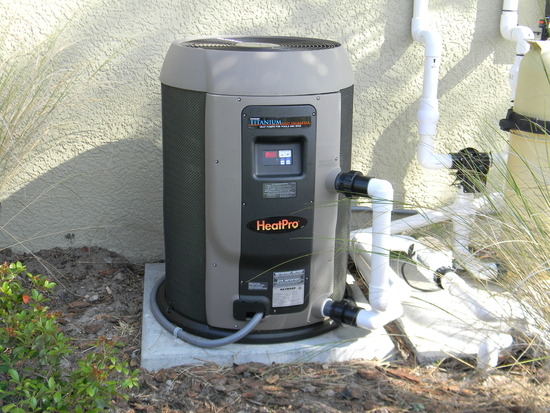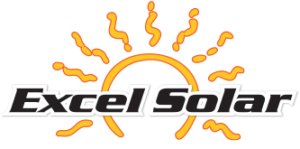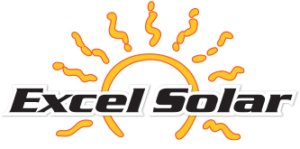Pool Heating
Pools aren’t cheap. Get more enjoyment out of them with solar heating.
Before you spent big bucks for your pool, you figured “this is Florida, I don’t need a pool heater”. Well, maybe the pool builder didn’t tell you all the facts about pool temperatures in central Florida. Or even worse, maybe he did explain the facts and then did you a huge disservice by selling you a “gas” heater.
The fact is that in central Florida, if you have a screened in pool, the warmest it will ever get without a heater is about 85 degrees. Sounds nice, huh? It is nice, but only for July and August. If you consider the “comfort zone” to be 82-85 degrees, you only get about three months of comfortable swimming.
Extend your swim season with Excel Solar thermal heating.
Here’s the simplest way to think about pool heating: Solar can heat your pool about 15 degrees year ’round. This will give you at least 9 months of comfortable swimming, and possibly some winter swimming if the weather is warm. All of this comes with absolutely no operating costs. A heat pump can heat your pool to any temperature you desire, any day of the year, no matter what the weather conditions. There is an operating expense, but it might be worth it to you. Excel Solar offers a complete line of the highest rated solar panels and heat pumps available. Why not call us today for a free, in home analysis of your pool to help you decide which heater is right for you.
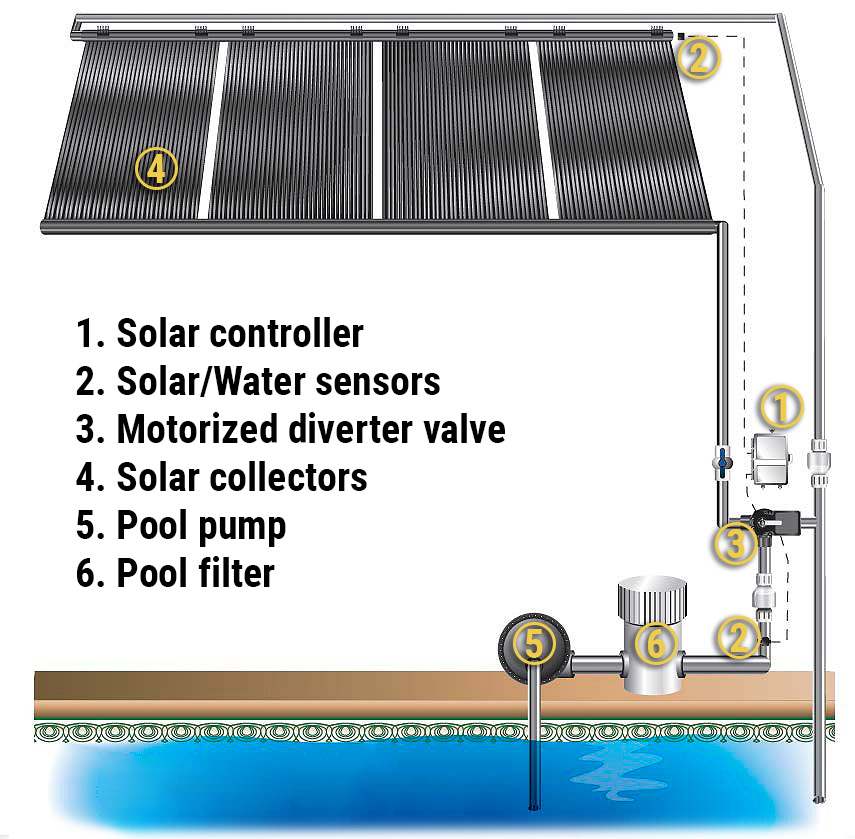
SwimMaster Plus Solar Pool Heating System
A warm pool is a great gathering place for family and friends. A SwimMaster Plus solar pool heating system from Excel Solar lets you harness the world’s most abundant energy source: the sun. And unlike other fuels (electricity, gas, propane) there’s “no charge” for the sun’s energy. Your SwimMaster Plus system will easily pay for itself from fuel savings alone when compared to conventional, fossil fuel driven pool heaters.
SwimMaster Plus Solar Pool Heaters are manufactured by Solar Hydronics Corp. (SHC).
Established in 1979, SHC specializes in the distribution of energy conservation and environmentally responsible products.
We’ve seen many manufacturers come and go in the decades that we’ve been in business. SHC remains one of the world’s premier solar pool heating manufacturers due to our relentless pursuit of perfection. As advancements in manufacturing technologies continue to emerge, SHC leads the way by modernizing our factory along with our product engineering and design.
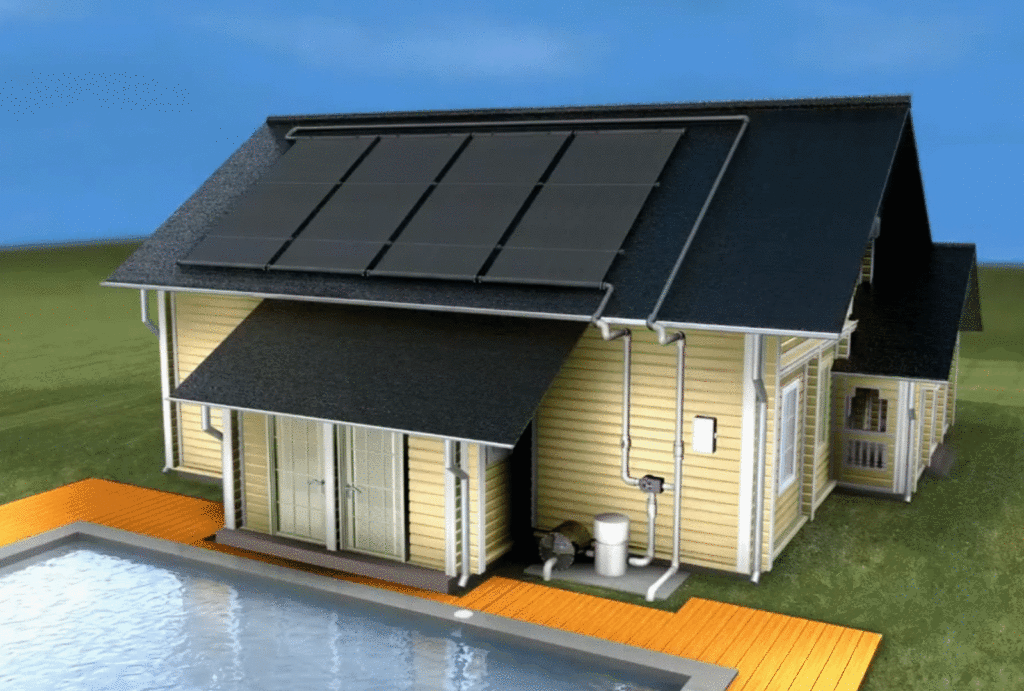
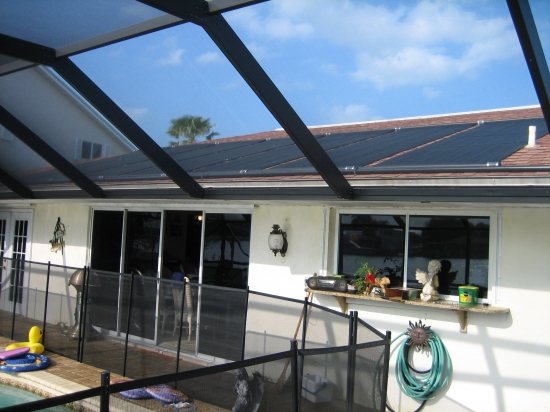
Seasonal considerations and pool screens.
If you don’t have a screen over your pool, the temperature of your pool will be about 6 degrees warmer year ’round. That’s right…those screens block out about 6 full degrees. Now you think this would give you a longer swimming season, right? Well, maybe not. Remember the 85 degree maximum temperature for an unheated screened in pool? If you add 6 degrees to that, your pool without a screen will get to 91 degrees or even more. For some people, that’s not very refreshing in July and August. So, if you don’t have a screen, you may not even use your pool in the summer.
A solar pool heating system can address all of these issues and give you at least 9 months of comfortable swimming. Sure, some salesmen will tell you twelve months, but December, January and February can sometimes get colder than seasonably normal. If the weather is nice in these months, the pool will come up to temperature. Back to the unscreened pool…remember those summer months when the pool is too warm for swimming? The solar heater can actually be run at night (reverse cycle) and cool your pool back down to a comfortable temperature.
When solar is not an option.
The only other valid option to heat your pool is a “Heat Pump”. This is an electric appliance, but it is extremely efficient. A heat pump does not use electricity to actually heat your pool, but rather uses electricity to run a compressor. It’s hard to say exactly how much it will cost to operate because of all the variables, but most of our customers report about $300 to $500 per year in FPL increase. Gas heaters might cost less up front, but they are the most expensive heaters to operate and maintain. Up to 5 times more expensive. My advice to anyone thinking about a “gas” heater for their pool…..RUN… RUN AWAY FROM IT AS FAST AS YOU CAN!
We recommend heat pumps for some good reasons. Here are a few:
Not enough good roof exposure for solar
You just don’t like the looks of a solar heater on your roof
You are a “snow bird” and are only here in the winter
You are a therapeutic swimmer and need a certain temp no matter what the weather conditions
